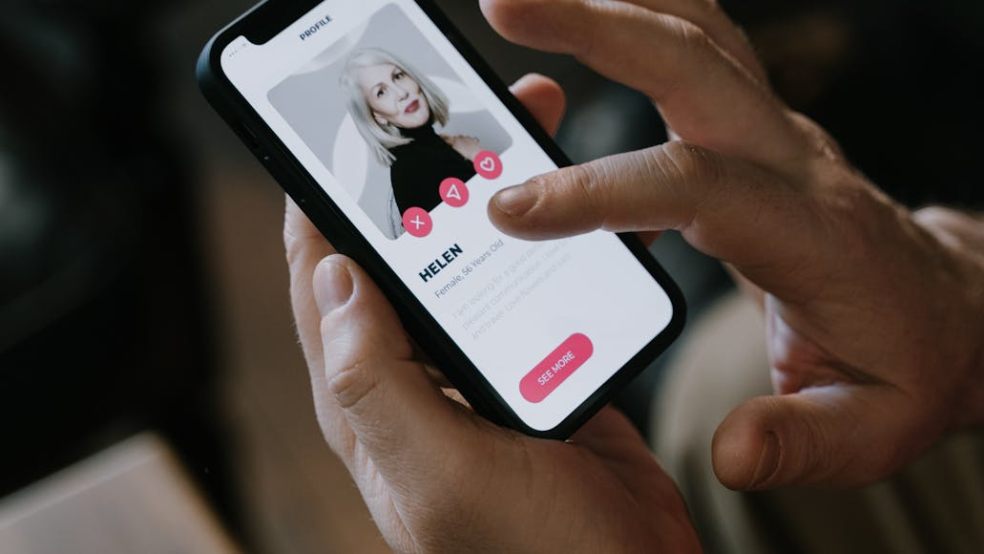
How to Re-Enter the Dating Scene After a Divorce or Separation
Adjusting to single life again comes with awkward and sometimes weird moments. Deciding when and how to date after a breakup is personal. Still, research paints a picture of what many people go through, the roadblocks, and approaches that work better over time.
The Real Timeframes: Are You Ready?
Recent studies find about one in four people feel open to meeting someone new less than a year after splitting. This doubles after under two years, and most people, about three out of four, feel ready by three and a half years.
Experts point out that the number of days on a calendar matters less than how you feel. Some go looking for comfort in new romantic connections, almost as a distraction. Therapists caution against this. Push yourself to pause and ask what you want. Are you curious about meeting someone, or are you hoping to fill an empty space left after a breakup? Honest self-checks can help avoid regret later.
Most people pass through stages , shock, low moods, new routines, and eventually a phase where meeting someone new sounds interesting. Watch out for early relationships that get labeled as “rebound.” Some of these can help build confidence, but others are there only to cover up heartache. Trust your reasons for saying yes to new dates.
Gender Pace: Who Moves On First?
A study in 2024 found that men date sooner after a breakup compared to women. The research says they have fewer people in their lives for support. That causes many men to look for new romantic connections to get that support back. Women usually take longer and lean into friends and family instead.
This timing difference isn’t about who cares more. It traces back to where people find comfort and what feels safest after a split. Knowing that gives some room to understand your own habits.
Love, Marriage, and Commitment After the Split
If you wonder how often people find another long-term partner after divorce, data is pretty open. About half remarry within five years, though men remarry at higher rates. Around two out of three men remarry, while around half of women do. Other research puts the numbers lower, but still shows men marry again more often.
That first post-divorce relationship does not usually last long. The average is only about two months, which can feel surprising. There is something psychologists call a “honeymoon effect.” A new romance often brings comfort, but this phase can leave fast.
Second marriages, the numbers show, are at higher risk for another breakup. The divorce rate for remarriages is about sixty percent. For those who marry a third time, the rate jumps even higher.
Even though these odds are tough, many people find dating after divorce feels better after they really know what they want. People take time to look for shared values, communication, and a better match to their life stage. This careful approach lowers the risk of repeating old patterns.
Unexpected Places to Meet Someone New
After ending a long-term relationship, people often think about joining a dating app or asking friends to set them up. But meeting someone doesn’t have to stay online or in traditional places. Volunteering for a cause, taking up a group hobby, or even joining local events like meetups or trivia nights allow new connections to grow more naturally.
For those wanting to use an app, it’s not all about swiping through large platforms. Some, like the Secret Benefits app and others designed for specific interests, offer a more focused approach, matching people based on shared goals. Whether offline or online, the key is trying different ways to meet people to see what suits your comfort.
Tactics for Going at Your Own Pace
A few steps make dating again less stressful and more likely to lead to something positive. Here’s what relationship pros suggest:
- Think before you leap: Journaling, talking it through with a counselor, or sharing honestly with friends can help. Ask yourself what worked and what didn’t in your old relationship. What would you like in the future? Try to get comfortable with your own answers.
- Set boundaries: Say what you mean about pace and what you want. If you have children, go slow with introductions. Clear conversations help avoid awkward feelings later.
- Keep it small at first: Meet for coffee or a walk, with no heavy plans attached. This helps make the first steps easier to handle without pressure.
- Stick with people who want the best for you: Check in with friends, family, or even formal support groups. Their input can offer sanity checks when you wonder if you’re rushing or dragging your heels.
- Stay updated on cultural expectations: It’s more accepted now to start dating soon after divorce. Support groups and dating forums set aside spaces for people with children or those who like a slower pace.
Co-Parenting, Blended Families, and Dating
When there are kids in the mix, extra care goes a long way. Keep partner introductions age-appropriate and wait until you feel sure about the new relationship. Studies show kids adjust better if they’re not rushed into meeting someone new. Parents taking time with new introductions and modeling basic self-care tend to give kids a sense of security.
Many single parents learn to set tighter boundaries, including how new partners interact with their children. Honest talks with new people about parenting style and family priorities pay off. Most people dating after divorce look for connections based on shared values and practical needs, not only attraction or romance.
Dating App Trends and The Way Forward
There’s steady growth in apps focused on singles who are divorced or who have children. These platforms sometimes offer community guidelines for online safety, co-parenting, and practical advice for new partners. This makes things a bit less awkward when answering common questions about family and past relationships.
The old worry about dating “too soon” has faded as more people want to decide for themselves the best timing. Still, counselors stress that feeling ready has more to do with an honest sense of personal wellness than any specific period.
Support Systems Make a Difference
Looking for a new relationship after the end of a marriage goes better when you have support. Friends, family, or people sharing similar stories give a needed boost. These relationships can keep you grounded, help you steer clear of rebounds for the wrong reasons, and push you toward healthier partnership habits if you decide to settle down again.
Moving forward means being honest and practical about new connections, your needs, and your goals. This approach keeps you and your family steady as you meet people on your terms.




















